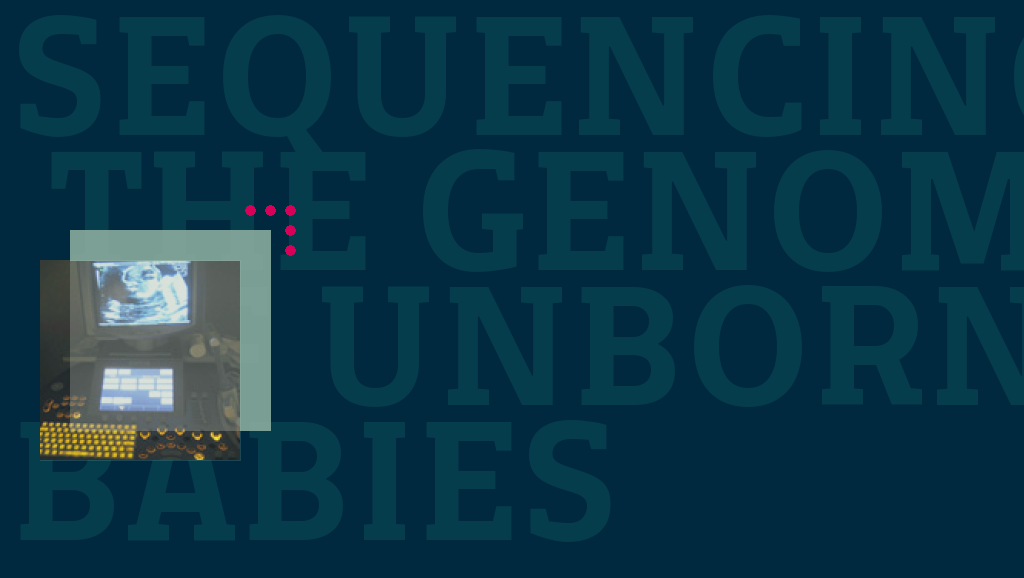As a follow on from my post about 23andMe and genetic testing last month, I would like to point readers towards a story that is just breaking here in the US.
The New York Times carried a story on its front page on 7th June that is rapidly spreading, in which it reported that an unborn baby’s DNA was sequenced with 98% accuracy using the mother’s blood and father’s saliva. The testing was done when the fetus was 18.5 weeks old. The accuracy was tested after the baby was born with a full sequence conducted on blood taken from its cord. A second experiment involving blood taken from a mother much earlier in the pregnancy (8 weeks) showed similar results although slightly less accurate.
The findings were published this week in Science Translational Medicine, part of the Science group of publications, and authored by a host of scientists. The full article is only available to subscribers but the abstract can be downloaded here.
In purely practical terms the authors point out that this system of testing for genetic disease is completely non-invasive, and this will save the lives of many unborn children. Presently amniocentesis or chorionic villus sampling are the preferred means for conducting tests for genetic disorders, but these techniques lead to the loss of the baby in about 1% of all cases as they both require the insertion of a needle.
The ethical implications of such a breakthrough are being widely discussed however, as this article from Science Mag shows. Much of the debate revolves around the idea that parents may choose to abort a fetus because it may not carry the traits they desire, and not only in terms of possible genetic diseases. There is also a serious problem of false positives, as some mutations were missed in the experiment and other positives given that at birth were found not to be present.
The Huffington Post also carries the same article and the comments section is worth a browse. An argument that recurs involves the identification of a so called gay gene, and questions about giving information to parents about the sexual orientation of their unborn child. The issue is also raised about diseases that may affect the individual in late life such as dementia. The scientific reliability of such comments is obviously hugely suspect and the language used rather crass, but it does raise the question of rights to information and the ethical implications of withholding it (or even the testing in the first place).
In this world of information however I imagine that there will soon be a market for such tests in the style of 23andMe, and as the price comes down many people will want to see the probable health future for their unborn children, whether they will be tall, blond or have blue eyes. This will have practical consequences for society. If the model follows the 23andme path of offering statistical analysis of the chance of developing diseases in life the problem becomes even more complex. What might the effect be of telling the parents of an unborn child that it has a 40% increased possibility in developing for example Alzheimer’s disease?
I leave the reader to ponder these complexities in terms of responsibility and ethics.
——————
(photo: The Control Panel that Revealed Our Future by Telstar Logistics from Flickr)
















